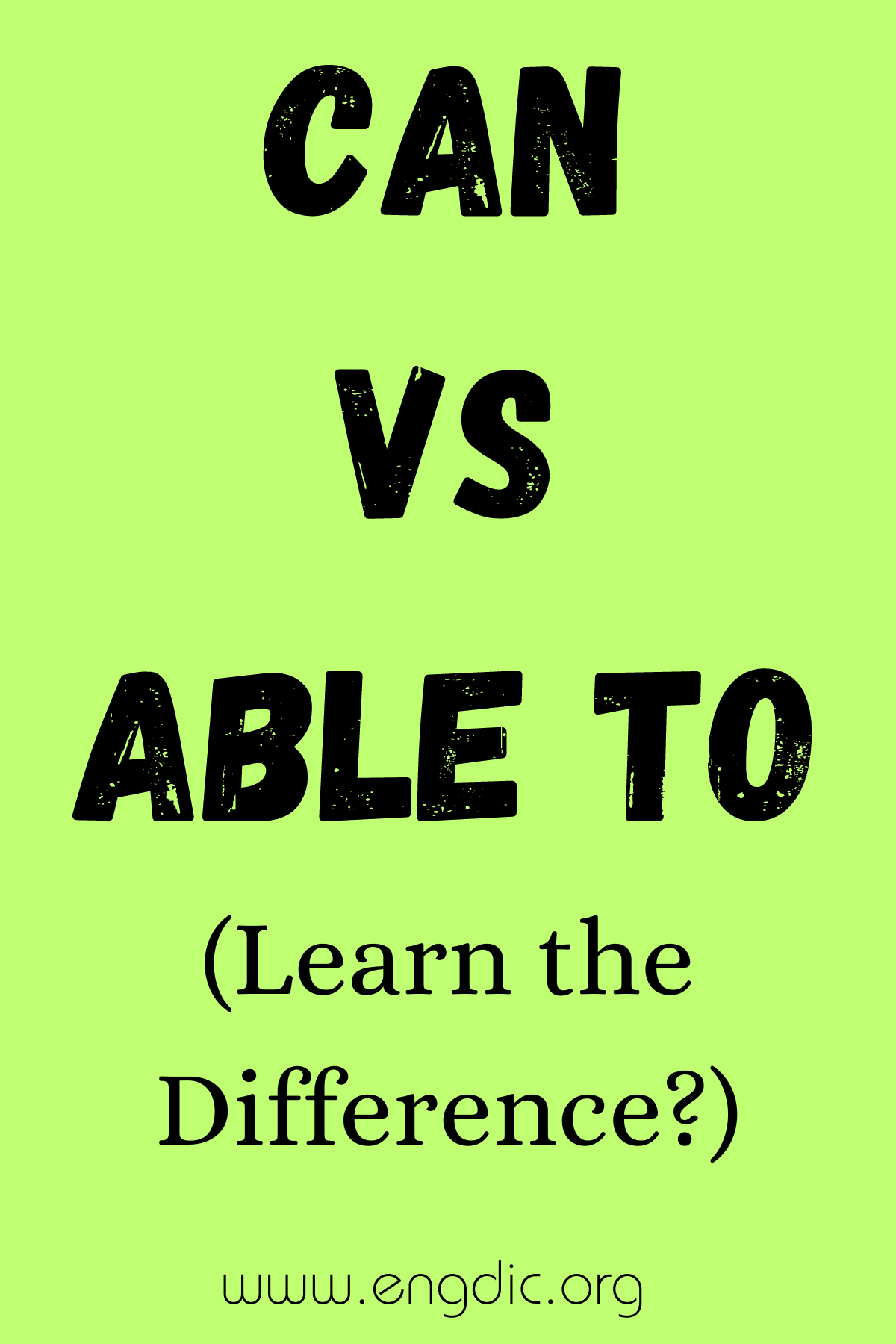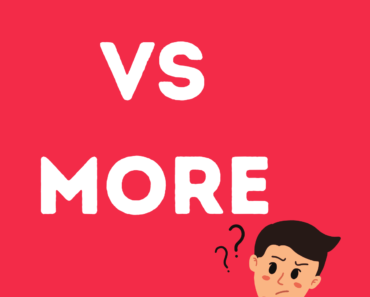When it comes to expressing ability, “can” and “able to” are often used interchangeably, but they do have subtle differences in usage. “Can” is a modal verb used to indicate ability in the present or future, often in a general sense. In contrast, “able to” is not a modal verb but a phrase that usually suggests a more specific ability, often highlighting a particular skill or achievement that is possible under certain conditions.
Can
Definition: “Can” is a modal verb used to express ability, permission, or possibility.
Usage and Examples:
- Ability: “Can” is commonly used to talk about something that is generally possible or someone’s skill or capacity to do something.
- Example: “She can speak three languages fluently.”
- Permission: It is also used to ask for or give permission.
- Example: “Can I leave early today?”
- Possibility: “Can” suggests that something might be true or might happen.
- Example: “It can get very hot in Arizona during summer.”
Able To
Definition: “Able to” is a phrase used to describe having the skills, strength, knowledge, or power to accomplish a task.
Usage and Examples:
- Specific Ability: “Able to” is often used to emphasize that someone has the ability to do something specific, especially in formal contexts or where the ability might be doubted.
- Example: “After the surgery, he was finally able to walk again.”
- Achievement: It can highlight the completion of a task or achievement.
- Example: “She was able to finish the project on time despite the challenges.”
- Future Reference: When referring to future abilities, especially in planning and promises, “able to” is preferred.
- Example: “We will be able to handle the increased demand next month.”







